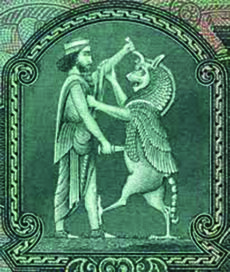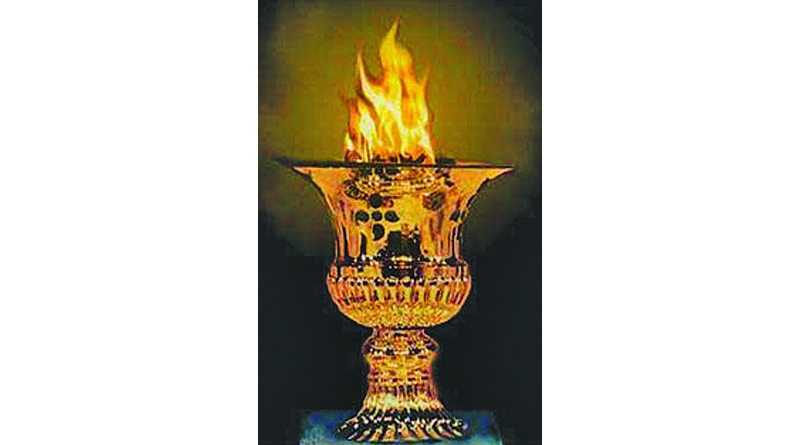Adil J. Govadia Ancient religions are known to use allegory* as a powerful literary tool to convey complex ideas and ethical lessons through exemplary representations. (An allegory is a parable that displays a deeper moral lesson like the ‘Hare and Tortoise’ story which underlines a hidden message – ‘slow and steady wins the race’!) By […]
Tag: Spenta
The Nature of Divinity
Zoroastrians worship Ahura Mazda. But, what does the term ‘Ahura Mazda’ mean? Most scholars agree that Ahura Mazda is the Lord of Wisdom – a title or quality based on the interpretation of the Avesta term, ‘Ahu-Ra’, which means ‘existing one’ or simply ‘existence’ or (source of) ‘life.’ Since ‘Ahura’ is the very source of […]
In Harmony With The Spirit Of Mother Earth!
As per the Zoroastrian Shahenshahi calendar we are now observing the twelfth and last month of the year namely Aspandarmad / Spendarmad. In fact, tomorrow (Sunday, 16th July 2023) marks the Parab of Aspandarmad (Roj Aspandarmad, Mah Aspandarmad). Since this holy month is dedicated to Spenta Armaity – the Divinity that presides over Mother Earth, […]
Woman Is The Mother Of Human Race
Seated under the Tree of Life all alone, was Mashya, the First Man. Morose and moody and melancholy was he. Oppressive and killing was his solitude in this strange, new world. He dreaded life. He cursed his existence. Then did Spenta Mainyu, Ahura Mazda’s superb Fashioner of mortal clay, take compassion on him and made […]
How To Remove Negative Energy from One’s Life
According to our Zoroastrian Religion, Spenta Mainyu represents the Good Force and Angre Mainyu the Evil Force. May times we find ourselves in a somber or negative state of mind which leads to negative instances happening to us – as we are surrounded by negative energy, outside or even within. It is there important for […]
Seven Ameshaspentas On The Navrooze Table
Navroze is the first day of the Zoroastrian Fasli calendar, literally meaning ‘New Day’ i.e. the beginning of Spring, the first month – ‘Farvardin’. Persians perform different traditions before and after ‘Norouz’ – such as Spring cleaning (Khane Tekani), Festival of Fire (Chaharshanbe Suri), visiting relatives on Navroze and decorating the special Navroz table or ‘Haftseen’ with seven auspicious articles. […]





